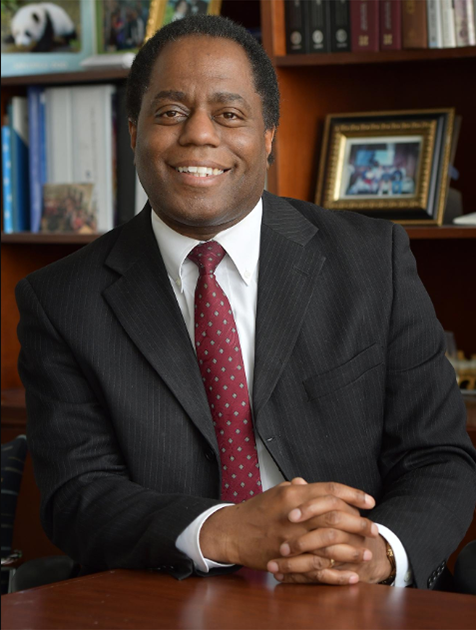| Name: |
Mark D. Johnson, MD, PhD |
| City & State: |
Worcester, MA
|
| Country: |
United States of America |
| Membership Status: |
Active |

Mark D. Johnson, MD, PhD was born in 1964 in Memphis, Tennessee. At the age of 14, he received a scholarship to attend Phillips Exeter Academy in Exeter, New Hampshire, where he graduated with honors in 1982. He subsequently graduated Magna Cum Laude with a degree in chemistry from Amherst College in 1986.
Dr. Johnson then matriculated at Harvard Medical School, where he earned a medical degree and a Ph.D. in neurobiology in 1995. He completed an internship in general surgery and a residency in neurological surgery at the University of Washington in Seattle in 2003. While at the University of Washington, Dr. Johnson also performed postdoctoral research on mechanisms of neuronal cell death occurring after injury. He received an NIH postdoctoral National Research Service Award and, after his appointment as Acting Instructor at the University of Washington in 2003, he was also awarded an NIH K08 Research Award to support his work.
Upon completion of his residency, Dr. Johnson returned to Boston to join the Department of Neurosurgery at Brigham and Women’s Hospital and Harvard Medical School as an Assistant Professor. There, he established an NIH-funded research laboratory that is focused on the genomics and molecular biology of glioblastoma and meningioma. After receiving several federal and private grant awards and publishing numerous peer-reviewed articles, he was promoted to Associate Professor of Neurosurgery at Harvard Medical School. In 2016, Dr. Johnson was appointed Professor and inaugural Chair of the Department of Neurological Surgery at the University of Massachusetts Medical School and UMass Memorial Health Care.
In 2018, he established a residency program in neurological surgery at the University of Massachusetts Medical School and UMass Memorial Health Care, where he currently serves as the program director. Dr. Johnson has received numerous awards for teaching and mentorship, and he continues to maintain an NIH-funded research laboratory that is focused on the cellular and molecular biology of brain tumors as well as the pathophysiology of idiopathic normal pressure hydrocephalus.